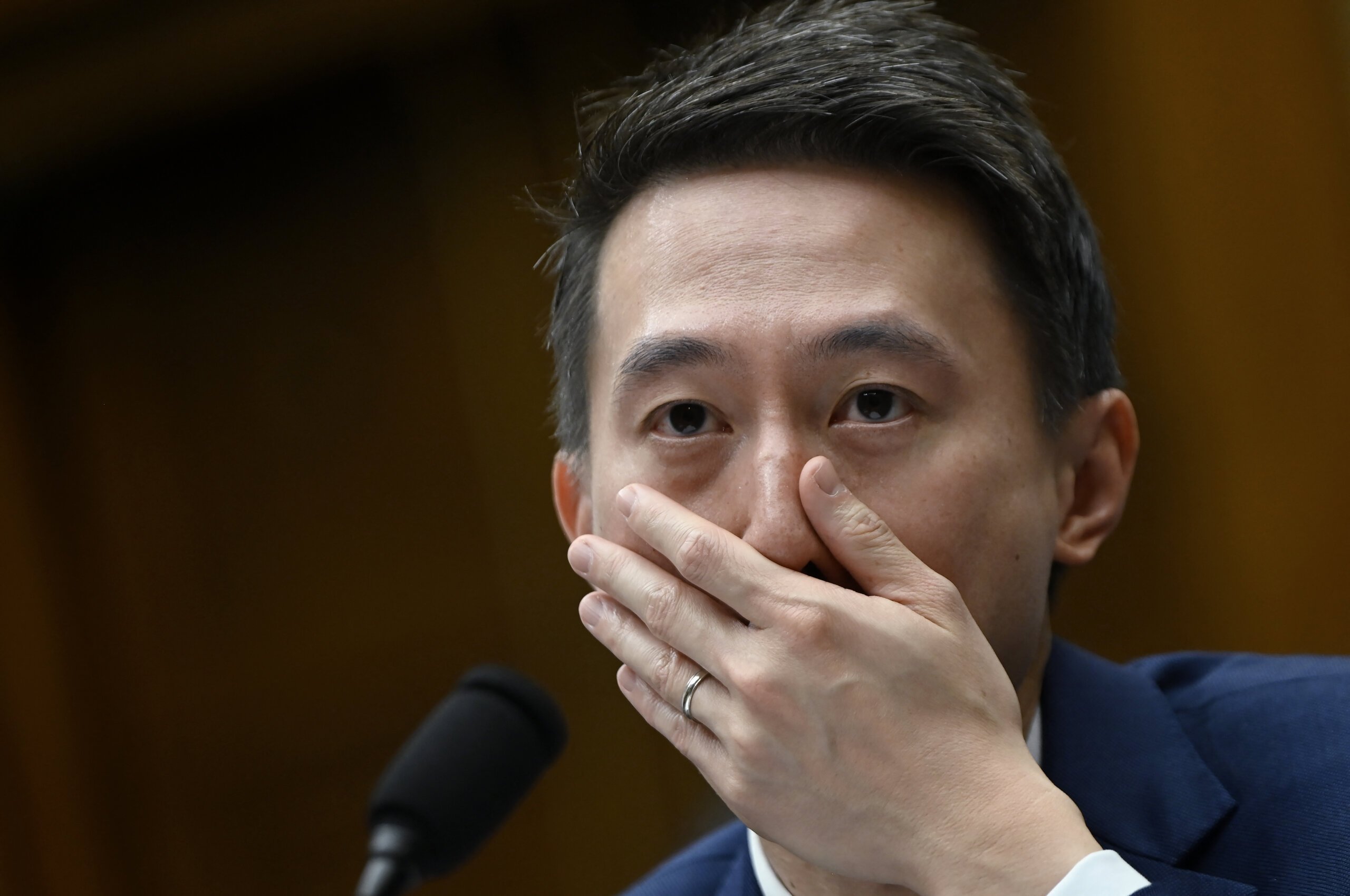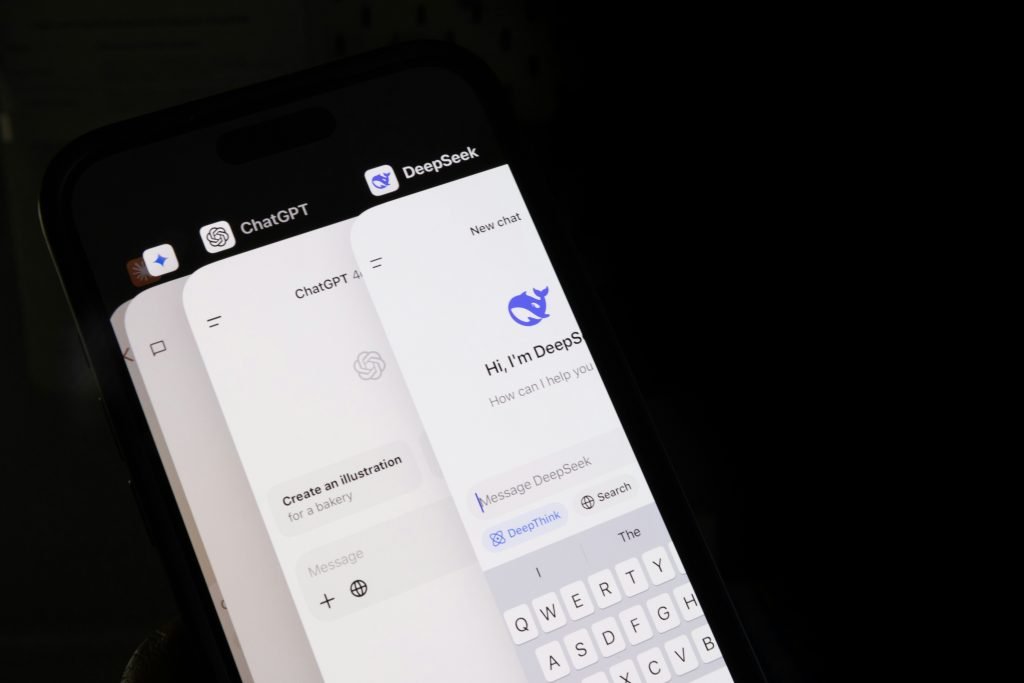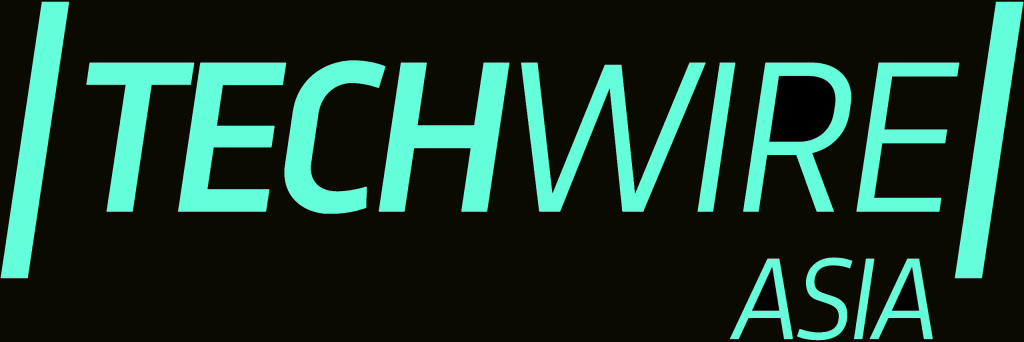- The TikTok April 5 ban deadline approaches.
- Multiple paths for ByteDance to retain control emerge, Oracle as key player.
- Trump administration signals flexibility on deadline extension as deals take shape.
As the April 5 TikTok ban deadline approaches, ByteDance is attempting to secure a deal that would allow the popular video-sharing platform to continue operating in the United States.
The Chinese tech giant faces a federal mandate to divest TikTok’s US operations or see the app banned entirely, following years of national security-focused statements about potential data privacy risks and Chinese government influence. The showdown over TikTok’s future represents the culmination of a years-long saga that began during Trump’s first term and has accelerated since his return to office.
President Trump provided ByteDance with a 75-day reprieve in January, postponing enforcement of the Protecting Americans from Foreign Adversary Controlled Applications Act, which Congress passed with bipartisan support in April 2024. “We have much interest in TikTok,” Trump told reporters in early March. “Hopefully, China will approve of the deal.”
The shift in stance marks a change from a more combative approach during his first administration, suggesting a potential pathway for TikTok’s survival through restructuring rather than a complete sale.
Oracle emerges as a key player
A central figure in discussions about TikTok’s future is cloud computing company Oracle, founded by Larry Ellison. The company already serves as TikTok’s primary cloud provider, hosting US user data since 2022 as part of the platform’s “Project Texas” initiative. Project Texas aimed to address US regulatory concerns by storing Americans’ data domestically.
According to recent reports from The Information and Bloomberg, Oracle is a leading contender to help to rescue TikTok from its current predicament. One proposed deal structure, reportedly being considered by the White House, would assign Oracle the task of safeguarding Americans’ data on TikTok in exchange for a stake in the company while leaving the app’s proprietary algorithm in ByteDance’s hands.
TikTok CEO Shou Zi Chew has objected repeatedly to relinquishing control of the app’s algorithm, which powers its highly-effective content recommendation system and is the platform’s core competitive advantage.
Other multiple pathways forward
Several potential solutions have emerged in recent weeks:
- Non-Chinese investor takeover: Reuters reported that major non-Chinese ByteDance investors, including Jeff Yass’s Susquehanna International Group and Bill Ford’s General Atlantic, may increase their existing stakes and acquire TikTok’s US operations as part of a new entity, with Oracle protecting US user data. The arrangement would reduce Chinese ownership below the important 20% threshold needed to avoid the US ban.
- Potential new buyers: President Trump mentioned that four groups were negotiating to buy the platform. Names previously floated include Microsoft, AI startup Perplexity, a coalition of billionaire investors, and the US government.
- Individual entrepreneur bids: Several high-profile figures have expressed interest in acquiring TikTok, including billionaire Frank McCourt, who is partnering with Reddit co-founder Alexis Ohanian, investor Kevin O’Leary, and popular content creator MrBeast (Jimmy Donaldson).
Vice President JD Vance recently expressed optimism about reaching a resolution, telling reporters, “There will almost certainly be a high-level agreement that satisfies our national security concerns and allows for a distinct American TikTok enterprise.”
Executive departures signal uncertainty
The recent departure of key executives adds to the complexity of TikTok’s predicament. On March 24, Blake Chandlee, TikTok’s global business solutions head who oversaw advertising sales and marketing, announced his resignation effective April 1.
In an internal memo, Chandlee wrote that he would be “scaling back my day-to-day role to an advisory one.” This follows exits by other senior leaders, including North America head of ad sales Sameer Singh, and US general manager of agency business Jack Bamberger, suggesting potential internal disruption as the deadline approaches.
Political pressure mounting
The pressure on TikTok comes from multiple directions. Three Democratic senators – Ed Markey, Chris Van Hollen, and Cory Booker – wrote to President Trump on Monday urging him to seek congressional authority to extend the deadline to October, writing, “the path to saving TikTok should run through Capitol Hill.”
Meanwhile, TikTok has ramped up its public relations efforts with an intensive advertising campaign portraying itself as a force for good. According to estimates from AdImpact, the company increased ad spending from $5 million to over $7 million in February and March compared to the same period last year.
What happens if the TikTok ban deadline passes?
If ByteDance fails to secure a deal by April 5, several enforcement scenarios could unfold:
- Google and Apple might be required to remove TikTok from their app stores,
- Internet service providers could be directed to block access to TikTok’s servers,
- Further legal challenges from TikTok and users could follow.
Despite the fast-approaching deadline, TikTok is operating as usual, planning appearances at industry events beyond the April deadline, including the Cannes Lions advertising festival in June and the Interactive Advertising Bureau’s NewFronts in May. As the clock ticks down to April 5, the eventual fate of TikTok – with 170 million American users – remains unclear. The outcome will determine the future of a wildly-popular social media platform and set precedents for how the US government handles perceived national security threats from foreign-owned companies.








